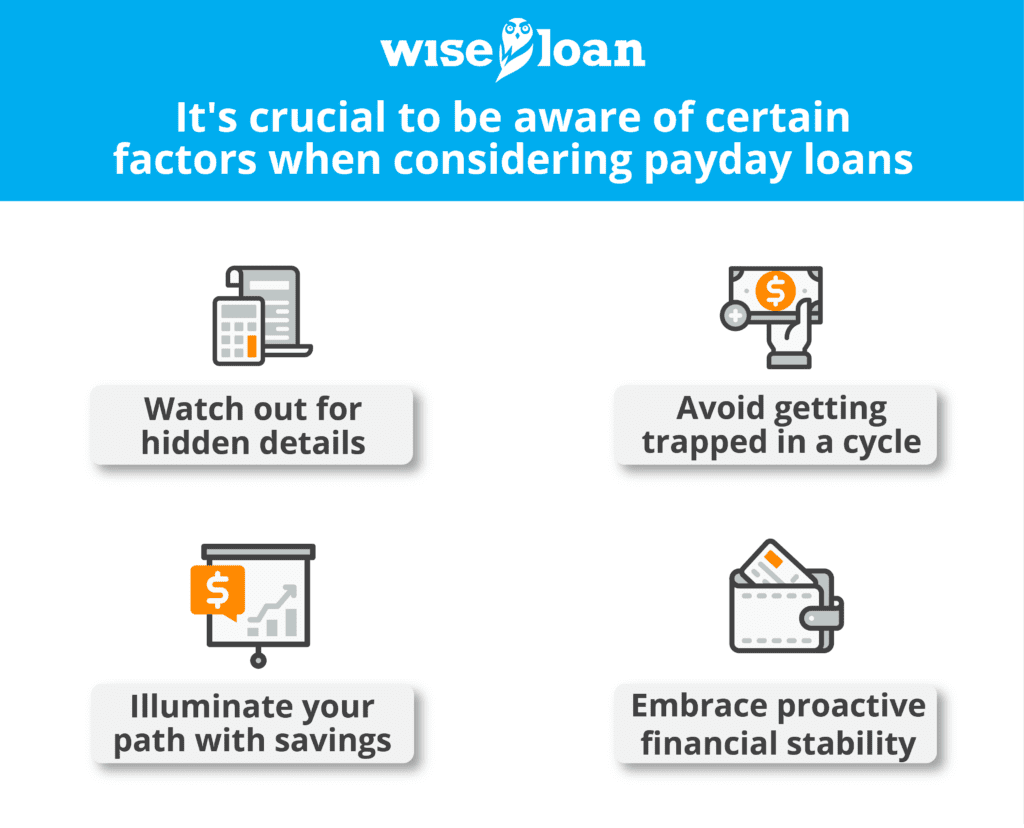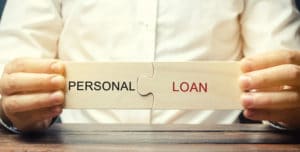Improving Your Financial Freedom Despite Sub-Prime Credit
Facing sub-prime credit might seem like a hindrance to your financial freedom, but it’s not an insurmountable challenge. Credit scores, represented by three-digit numbers, play a crucial role in assessing your “creditworthiness” for lenders. These scores are influenced by factors such as the number of credit accounts you hold, their standing, total debt, late payments, and cancelled accounts. If you find yourself with a less than stellar credit score, there are steps you can take to enhance your chances of obtaining a personal loan.
- Prioritize paying off your debts whenever possible.
Your payment history significantly impacts your credit score, accounting for up to 35% of it. Improvements in your payment record can result in a substantial boost to your credit score. If you’ve faced setbacks like a temporary job loss, severe illness, or other extenuating circumstances, consider including a brief 100-word statement in your credit report to explain the situation to lenders. Some lenders are understanding and may take these events into consideration, potentially giving you some leeway to recover. Demonstrating that you actively manage your credit report can work in your favor.
- Explore credit unions as your first option.
Credit unions function similarly to banks, but they are nonprofit organizations mandated to serve specific local communities. This unique structure allows them to be more flexible and compassionate towards borrowers with less-than-perfect credit. While you might need to qualify for membership, many people can become eligible based on their place of residence, occupation, or family affiliation.
- Consider offering collateral.
Though it may feel daunting, having a plan to offer collateral can increase your chances of loan approval. This approach is suitable only if you’re fully committed to making timely payments. However, be aware that failing to keep up with payments or defaulting on the loan means losing the property you used as collateral.
- Find a creditworthy co-signer.
Family members or close friends might be willing to support you in your efforts to regain financial stability. However, remember that if you default on the loan, your co-signer becomes responsible for repayment. Due to this risk, some individuals may be hesitant to co-sign. Clearly communicate your commitment to honoring the loan terms and strive to fulfill your promises to both the lender and your co-signer.
- Explore peer-to-peer lending as an option.
Peer-to-peer lending can be a viable alternative for some individuals. To explore this avenue, create an online profile detailing your financial situation, background information, and reasons for seeking the loan.

While these options aren’t exhaustive, they represent some of the simplest and most accessible ways to improve your financial situation with less-than-perfect credit. If you require a personal loan, Wise Loan is here to assist you in your journey towards financial well-being.
The recommendations contained in this article are designed for informational purposes only. Essential Lending DBA Wise Loan does not guarantee the accuracy of the information provided in this article; is not responsible for any errors, omissions, or misrepresentations; and is not responsible for the consequences of any decisions or actions taken as a result of the information provided above.











